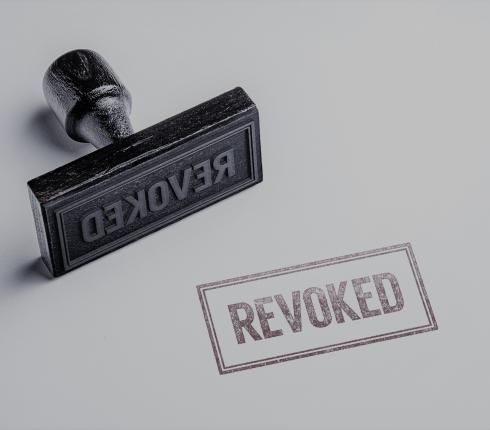NJORD Estonia: Who needs to comply with anti-money laundering rules?
By now, most people have understood that banks need to follow anti-money laundering (“AML”) regulations. But are there also other companies that have to? Is your company a so-called “obligated person” under AML legislation? Every professional needs to know!

In addition to the obvious, such as financial institutions, also the following business activities need to comply with AML in Estonia:
- Real estate brokers
- Auditors and accountants
- Tax advisors
- Exchange service providers
- Casino and gambling operators
- Precious metal dealers
- Pawnbrokers
- Law firms (of course!)
- Company service providers
- Virtual currency exchange and wallet service providers
So, what does it mean to be an “obligated person”?
Firstly, you have to make internal AML rules of procedure for your company. The rules shall describe the process of your company’s client onboarding. The rules should also contain information about WHO in your company is responsible for AML compliance, what information you collect about your customers, customer risk assessment, transactions monitoring, reporting procedure, and trainings.
Secondly, you will need to follow your AML rules of procedure. All information about this needs to be kept for 5 years after the termination of each customer relationship.
Thirdly, you need to update your internal rules and train your personnel. The need for amendments may be triggered by new legislation or changes in your business models or risk-appetite.
If you need assistance with your company’s AML work – contact NJORD Law Firm.





























